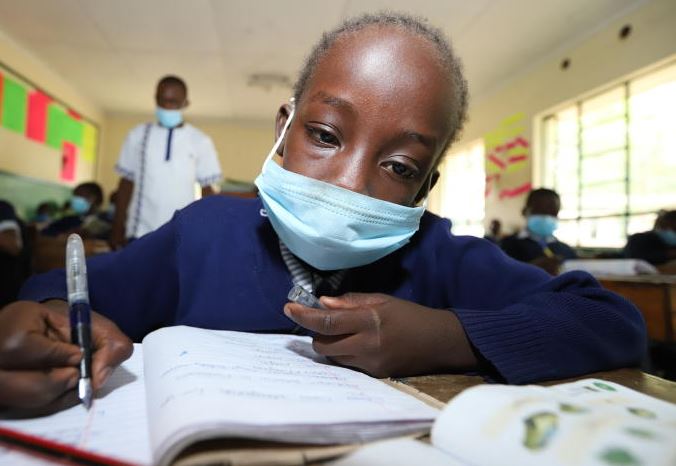×
The Standard e-Paper
Stay Informed, Even Offline

Short lesson time, longer learning weeks and reduced class work are some of the options education stakeholders have proposed to recover a lost school year.
It has also been suggested to eliminate school-based exams that eat up two weeks of every term, and instead adopt formative assessment.